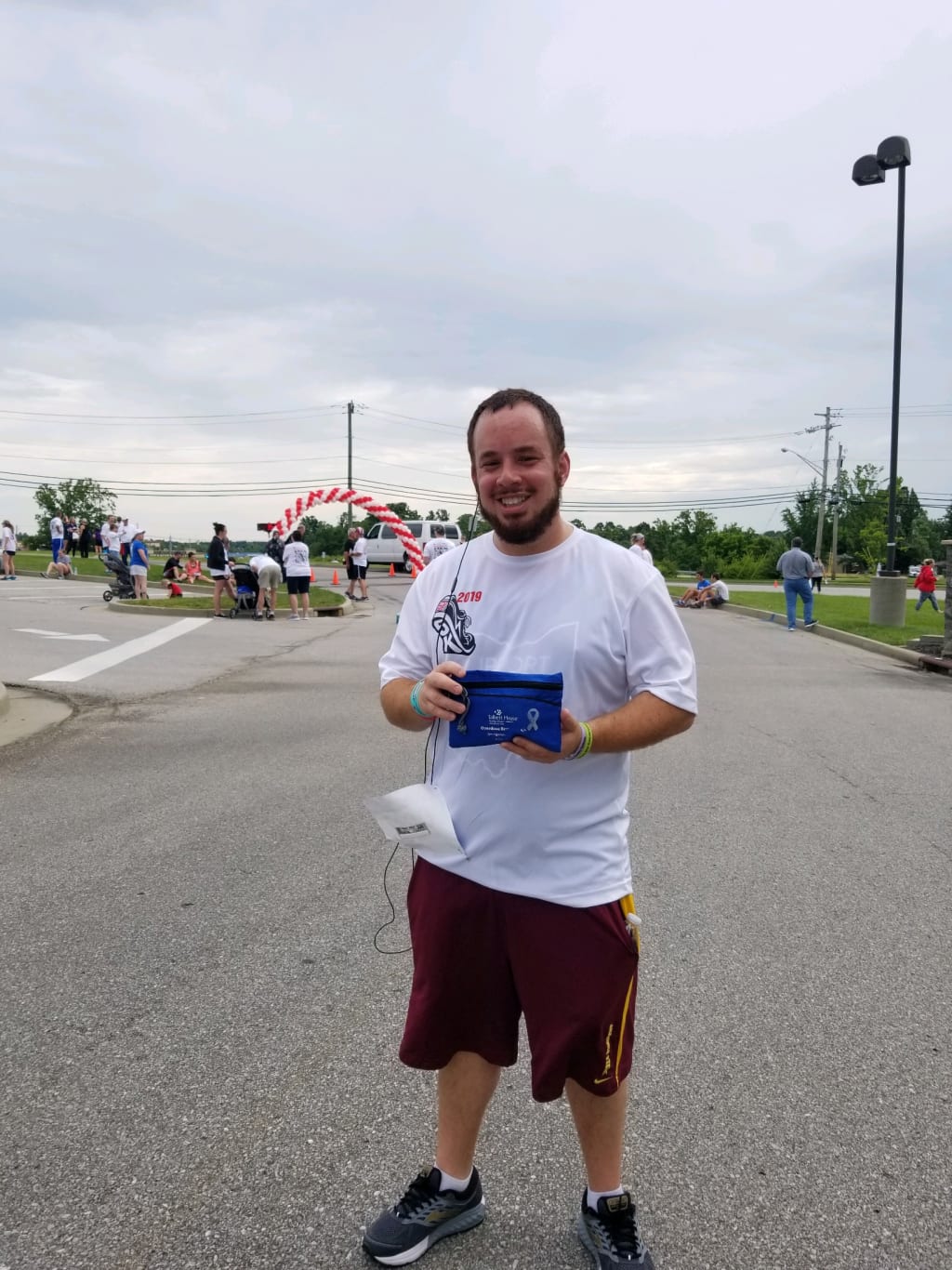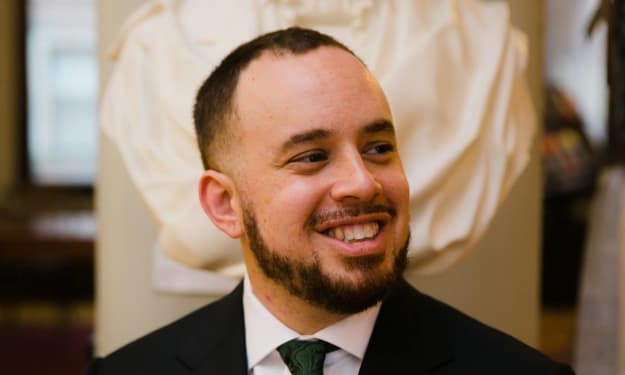Support All Forms of Recovery
As we see issues of Substance Abuse rise during Covid-19, it's time to open the toolbox and accept all answers

Support All Forms of Recovery
As a nation, we’re in a trying period like most of us have never experienced before. Prior to Covid-19, the recognized estimate of those struggling with an issue of Mental Health was one in five Americans, although many of us in the industry believe that to be criminally low. During this pandemic, however, that estimate has been as high as one in two, with rates of anxiety and depression skyrocketing.
Another issue of Mental Health is also rearing its ugly head: substance use disorders. It shouldn’t be a surprise; people have been stuck inside and forced to deal with emotions they’re unprepared for. Here in South Carolina, the stigma around even discussing issues of Mental Health and Addiction is powerful, much sharper than in many progressive societies. Sadly, this stigma directly leads to increased suffering, especially in cases of substance use disorders, as people feel no help is available to them and, in response, largely keep their battles to themselves.
Tearing down this stigma is hard work; those of us who live this struggle fight every day at that effort by telling our stories and generally talking about the subjects as much as we can. And while I imagine scenarios where each of you discusses your Mental Health around the dinner table, I know that’s unlikely. But when this crisis finally abates and those who find themselves severely struggling with substance use disorders begin to think about getting help, there’s one thing we can do for all of them. We can stop pretending AA is the only way to enter recovery.
For decades, this belief has held sway with the general public. Ask your friend who has no experience with substance abuse, and they can probably name at least a few of the twelve-steps. And AA is incredible! It’s saved the lives of millions of people. But it isn’t foolproof. In fact, far from it. Recent studies have put its success rate at around thirty-three percent for people seeking help for alcohol abuse. Which is fantastic. But that’s only alcohol; its success rate for other substances is abysmal. And some estimates put the rate at those who never seek help in the first place at more than fifty percent.

There are additional methods, however, with much higher success rates for other substances of abuse. A Harvard Medical School study found that Medically Assisted Treatment (also known as MAT) has a long-term abstinence rate of over sixty percent for those struggling with opioid use disorder. Even better, only ten percent still struggled with their substance use disorder three and a half years into the study. The remaining participants were neither sober nor still abusing, a success measure we call harm reduction which, to simplify, means using in a safer way than before.
Unfortunately, stigma comes in many forms, and the common misconception that AA is the only way to enter recovery, and complete abstinence is the only way to stay in recovery, leads even some of those in the recovery field to discriminate against MAT and people who use MAT to enter recovery. There are recovery programs and houses, some even here in Charleston, that refuse access to those using MAT because they are still seen as “using”. Even worse, the Government limits the amount of MAT drugs, namely buprenorphine or suboxone, a doctor can prescribe per month. I know what you’re thinking; it must be because all drugs of this kind are limited, but that’s not the case. You can prescribe as many of the opioids that cause dependence as you want. But if you want to help people withdrawal safely from the habit they’ve acquired, you’re severely limited.
All of this to say it’s time for a change. A recent Kaiser Family Foundation article warned that this pandemic will produce skyrocketing rates of substance abuse. As we begin to deal with the long-term implications from this epidemic, we cannot simply go back to the way things were before. Industry ideas have changed. Instead of the blanket acceptance of abstinence only, the idea that the right recovery is one that works for each person is the new gold standard. Which means using all tools in the toolbox. It’s on all of us to help spread this message. Only then will we make a real dent in the number of Americans who die each year from overdose (around 70,000). Only then will end the stigma. Only then will we begin to eradicate the scourge of Addiction.

Jay Shifman is an Addiction and Mental Health Speaker, Writer, Consultant, Coach, and Advocate, and the host of the Choose Your Struggle podcast. Ten years in recovery, Jay lives on Daniel Island with his wife, Lauren, and their dog, Nell. You can learn more at his website, www.JayShifman.com.





Comments
There are no comments for this story
Be the first to respond and start the conversation.